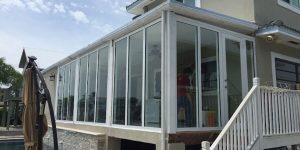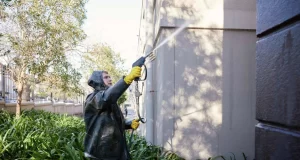
Plumbing is an essential aspect of any home, responsible for delivering clean water and removing wastewater. While most homeowners take https://www.sakowichplumbing.com/ plumbing for granted until an issue arises, understanding the basics of your home’s pipes can help you prevent problems and tackle minor repairs. In this beginner’s guide, we’ll explore the key components of your plumbing system.
- Water Supply Lines: Your home’s water supply begins at the main water line, which connects to your city’s water source or a well. The main line then branches off into various supply lines, typically made of copper, PVC, or PEX. Copper is durable but expensive, while PVC and PEX are more cost-effective choices at https://www.sakowichplumbing.com/.
- Fixtures and Appliances: These supply lines lead to fixtures and appliances in your home, including sinks, toilets, showers, and washing machines. Understanding how to shut off the water to individual fixtures can be crucial in case of a leak or repair.
- Drain Lines: Drain lines carry wastewater away from your fixtures and appliances. These pipes are often made of PVC or ABS plastic. They connect to the main sewer line, which transports waste to the city’s sewer system or a septic tank.
- Ventilation System: Plumbing systems include ventilation pipes to prevent sewer gases from entering your home and to maintain the proper pressure in the drainage system. Vent pipes usually run vertically through your home’s roof.
- Shutoff Valves: Every plumbing fixture has a shutoff valve that can be used to stop the water supply to that specific fixture. Additionally, there’s a main shutoff valve that can turn off the water supply to the entire house. Knowing the location of these valves is crucial for quick responses in emergencies.

- Water Heater: Your water heater connects to both the cold and hot water lines. It’s essential to understand how to adjust its settings and perform basic maintenance, such as flushing to remove sediment buildup.
- Common Plumbing Issues: As a homeowner, you’ll likely encounter some common plumbing problems, including leaks, clogs, and low water pressure. Knowing how to diagnose and address these issues can save you money and prevent damage to your home.
- Maintenance: Regular maintenance can extend the lifespan of your plumbing system. Insulate pipes in cold areas, check for leaks, and have a professional plumber inspect your system periodically.
- DIY vs. Professional Help: While some plumbing tasks can be tackled by beginners, others should be left to professionals. Simple tasks like fixing a leaky faucet or unclogging a drain can often be done by homeowners. However, more complex issues like sewer line repairs or major installations should be handled by a licensed plumber.






